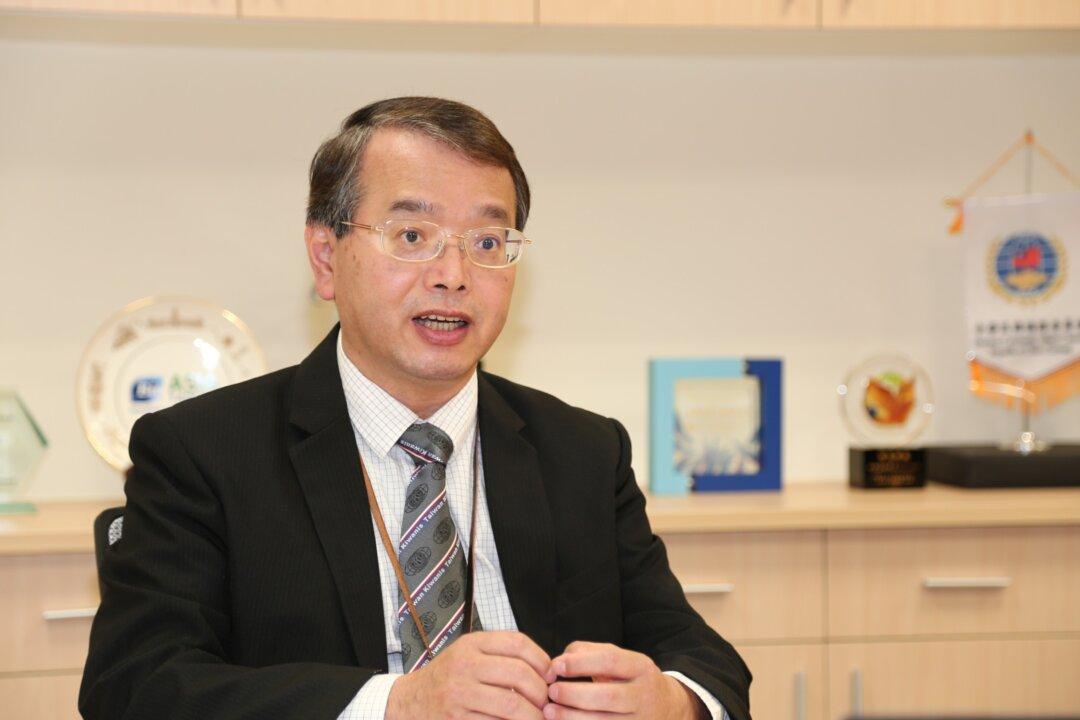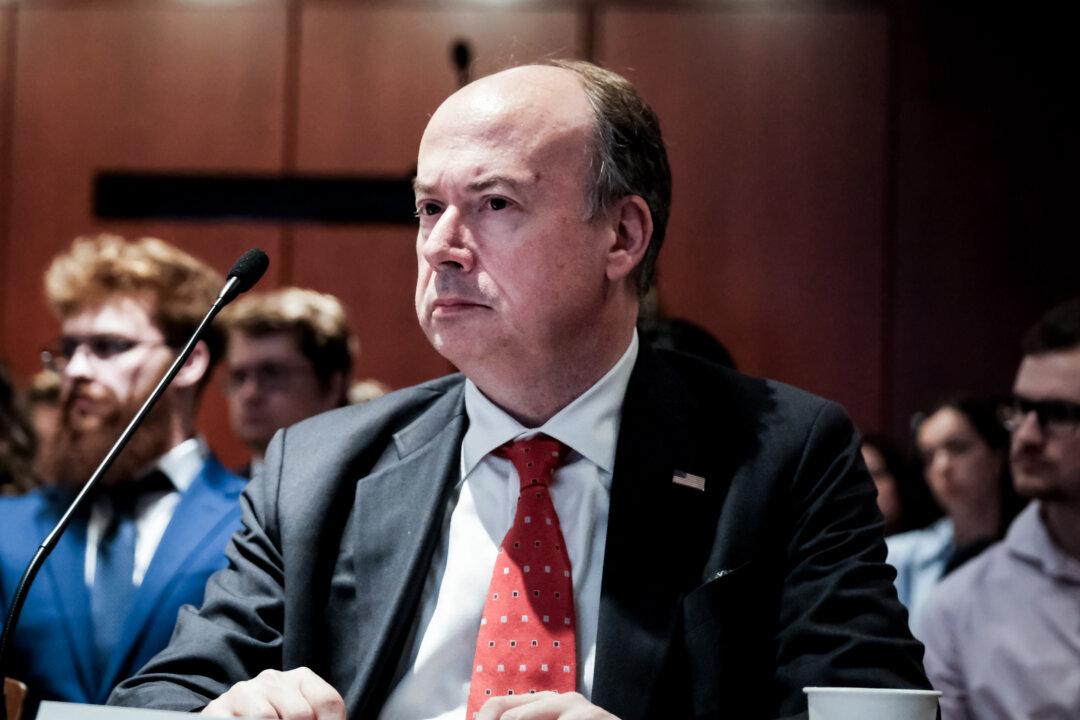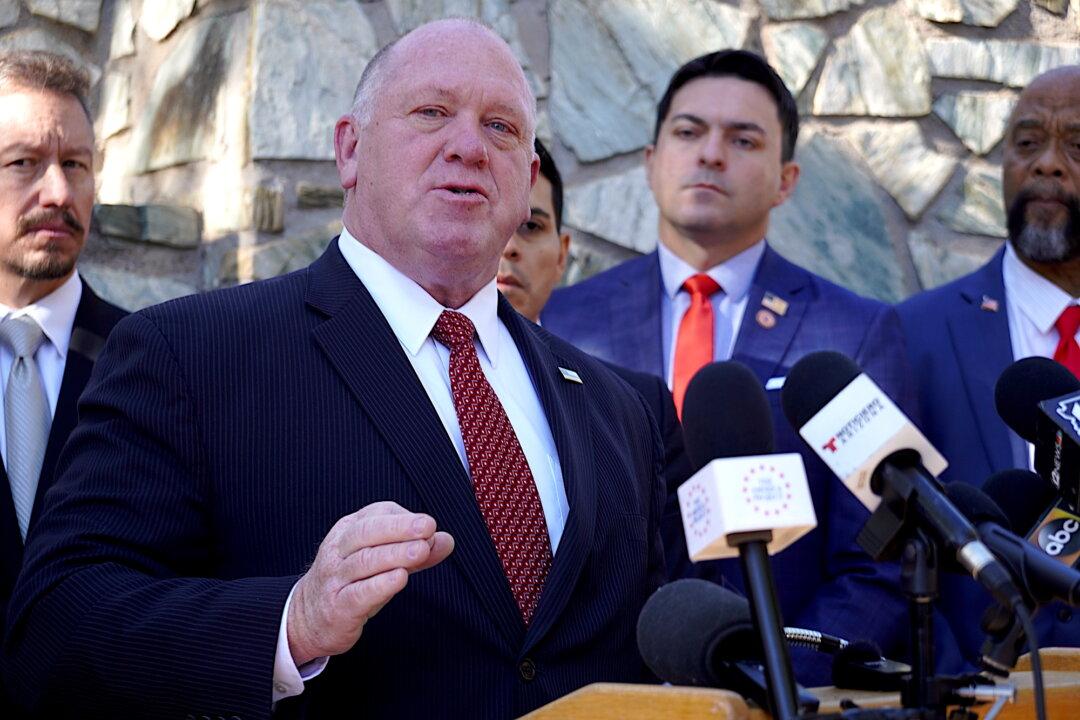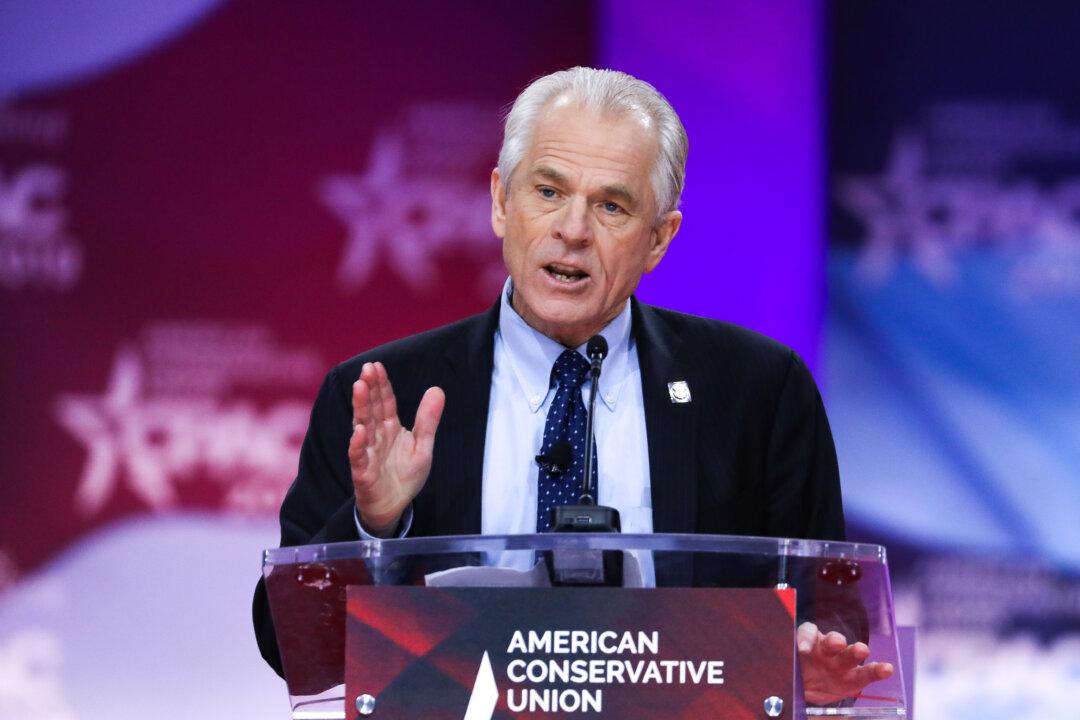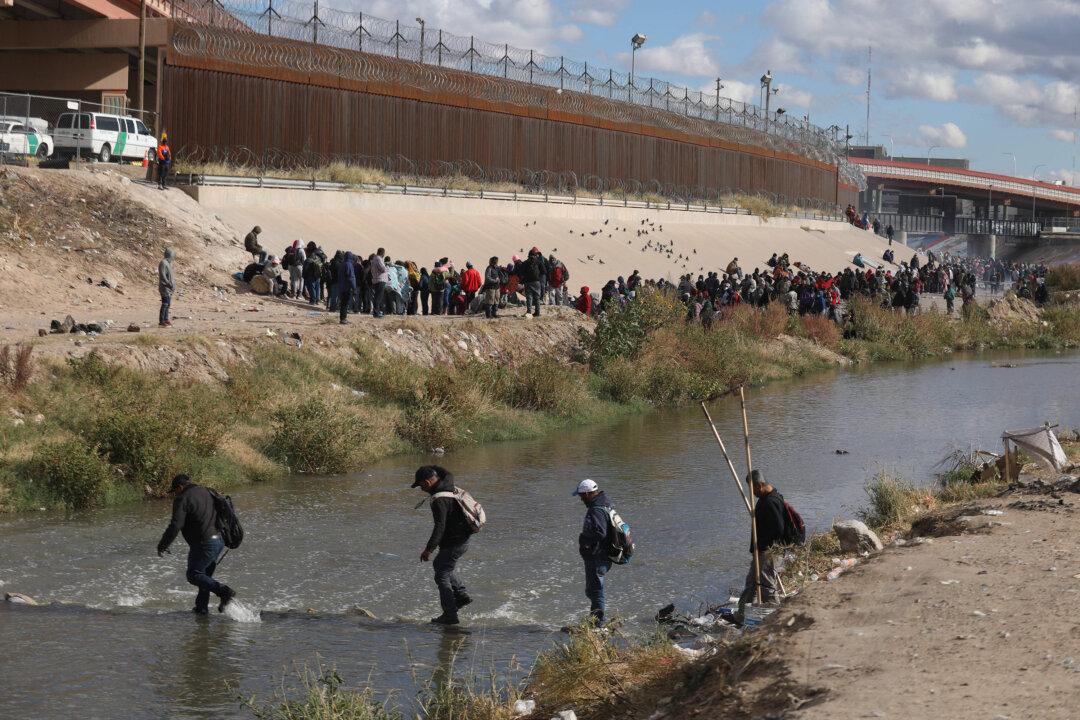The continuous mutation of the CCP virus, with multiple variants circulating around the world, could be described as the “next pandemic,” a top Taiwanese health official has warned.
Wu Chung-hsiun, president of Taiwan’s Development Center for Biotechnology (DCB) and director of the Biotechnology and Pharmaceutical Industries Promotion Office of Taiwan’s Ministry of Economic Affairs (MOEA), told The Epoch Times that he thought it was too early to predict the end of the COVID-19 pandemic “because this [virus] ... keeps mutating and is still infecting people around the world.”
